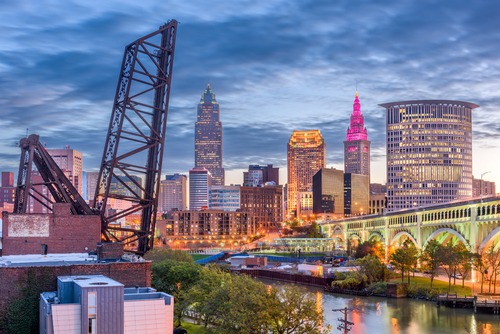
U.S. Sens. Shelley Moore Capito (R-WV), Roger Wicker (R-MS), Pat Toomey (R-PA), Mike Crapo (R-ID), and John Brasso (R-WY) introduced last week the Republican response to President Joe Biden’s American Jobs Plan with their own $568 billion infrastructure framework.
The infrastructure framework covers a five-year period and will serve as a guide while the Senate continues to develop bipartisan infrastructure legislation.
“Republicans and Democrats agree that our infrastructure is in need of repair and expansion. We have an opportunity to develop bipartisan legislation that makes these long-term investments while at the same time driving job creation and economic growth,” Capito, ranking member of the Environment and Public Works (EPW) Committee, said. “But it’s important that any infrastructure legislation have adequate funding levels and not be so large as to fail to launch, which means sticking to actual infrastructure. That’s why our framework works. It serves as a realistic, thoughtful approach that addresses the core areas of infrastructure that we all agree upon. Infrastructure is the perfect opportunity to show the American people we can work together. We’ve done it before, and we can do it again. As we continue to move forward with this process, my colleagues and I look forward to further conversations with the White House and our Democratic colleagues in hopes of reaching a bipartisan agreement that will improve the nation’s infrastructure in all states and communities.”
The Republican plan represents roughly a quarter of the price tag outlined in the Biden administration’s infrastructure bill. Senate Republicans said they believe infrastructure needs to be rebuilt, expanded, and brought into the 21st Century but that the investment should be limited. While Biden’s plan includes investments into schools, caregiving, and solid waste, Republicans limited their infrastructure package to roads and bridges ($299 billion), public transit systems ($61 billion), rail ($20 billion), safety ($13 billion), drinking water and wastewater infrastructure ($35 billion), inland waterways and ports ($17 billion), airports ($44 billion), broadband infrastructure ($65 billion), and water storage ($14 billion).
“There is a long and proven track record of Congress working on infrastructure in a bipartisan way,” Wicker, Ranking Member of the Commerce, Science, & Transportation Committee, said. “We are putting a good faith infrastructure plan on the table and are prepared to begin negotiations with President Biden and Congressional Democrats immediately. Congress has worked together in the past to rebuild America’s infrastructure and can do so again.”